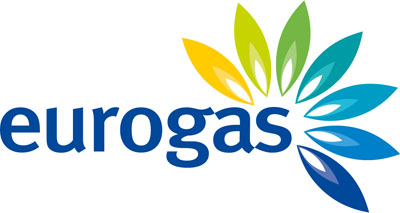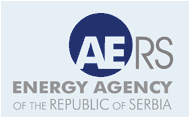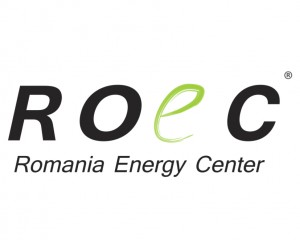Islamic State fighters resumed attacks on a key oil terminal in eastern Libya, setting a second tank on fire, a Libyan oil official said on Tuesday.
The attacks stoked fears the North African country’s oil industry is the next target for the radical Islamist group. They came just weeks after representatives of Libya’s two rival governments signed a power-sharing agreement that called for the formation of a national-unity government by mid-January.
A crude-oil storage tank ignited after the Islamic State attacked the Es Sider terminal for a second day, a spokesman for Libya’s National Oil Co. said. Another facility caught fire after the extremist group shot at the neighboring Ras Lanuf oil port on Monday.
Both sites are more than 400 miles east of Tripoli, the nation’s capital.
Statements circulated Monday by Islamic State’s Eastern Libyan branch on Twitter later claimed responsibility for a previous car bombing in Es Sider, showing the pictures of the four fighters, who the group said had died in the attack.
Es Sider and Ras Lanuf, which can ship as much as 560,000 barrels a day together or nearly half of the country’s export capacity of 1.3 million barrels a day, have been shut for over a year. But they still contain large quantities of oil in storage. One Libyan oil official said the burning oil tank held 500,000 barrels.
Islamic State has been making inroads in Libya, following setbacks in its strongholds in Syria and Iraq.
The group has taken control of the city of Sirte and has developed a presence in the city of Ajdabiya—both close to the attacked terminals—Western security officials have said. The group has also become increasingly assertive in Sabratah, which is close to a western Libyan oil and gas terminal partly owned by Italy’s Eni SpA, Libyan and Western security officials have said.
Libya’s oil production has been crippled by a violent conflict between rival factions vying for power. The country once produced as much as 1.5 million barrels a day but now produces less than one-third of that amount, according to the National Oil Co.
It is unclear if the peace agreement struck by rival Libyan factions last month will help revive the country’s oil industry.
(Wall Street Journal)







 More
More









